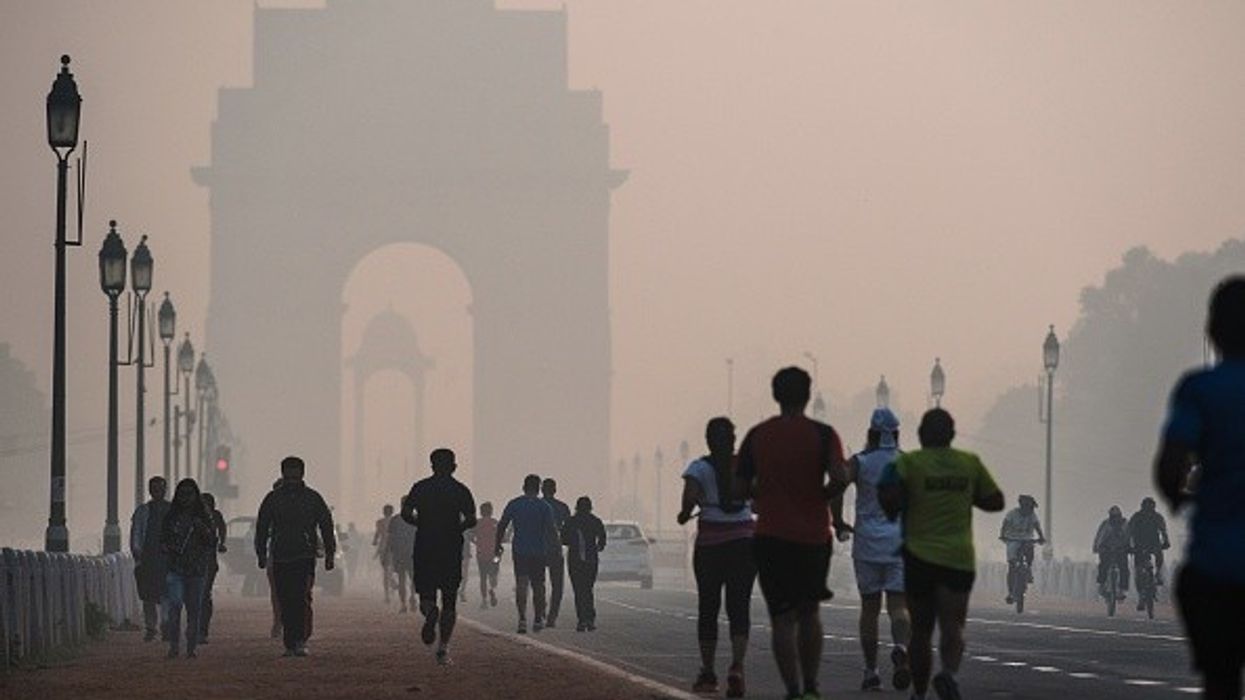INDIA, said to be the world's third-biggest emitter of greenhouse gases, skipped a key climate meeting of more than 50 countries, the UK environment ministry said on Wednesday (28).
The recent two-day conference held in London was the first face-to-face talk among governments in more than 18 months. The meeting reportedly offered a chance of compromise ahead of the pivotal COP26 climate summit in November.
The talks on Sunday (25) and Monday (26) followed a G20 meeting last week in Naples where the leaders failed to reach a consensus, with India, a big player in climate negotiations, said to be resisting a timeline to phase out coal power generation.
Other countries such as Russia, China and Turkey also resisted such efforts.
The London meeting also ended without an agreement to phase out the polluting fossil fuel, according to Britain's COP26 president Alok Sharma.
Gaurav Khare, the spokesman of India's environment ministry, said the government had decided against attending the London conference as it had already made its views known at the G20 in Naples.
"We attended the G20 ministerial and made our stand clear. The UK Climate ministerial was right after that," Khare said in a statement.
"It was being held in the middle of the parliament session (in India) so it was decided that this time we cannot be present."
Khare also said India wanted to participate virtually but couldn't "because of various technical issues".
The London event covered the goal of keeping to the 1.5 degrees Celsius temperature rise limit, exploring topics such as climate finance on which India has been vocal.
The United Nations is pushing for a global coalition committed to net-zero carbon emissions by 2050 which will cover all countries.
However, at the G20 ministers' meeting in Naples, India's new environment minister Bhupender Yadav resisted international pressure to announce such a target.
He reiterated India's stand that the rich countries should lead in cutting emissions and urged G20 nations to make a pledge that focused on per-capita emissions.
While India is the third-largest emitter, its emissions per head are low owing to its huge population of 1.3 billion.
India is a signatory to the 2015 Paris Agreement that aims at cutting down greenhouse gas emissions to combat global warming.
It currently generates more than 40 per cent of its electricity from coal.













